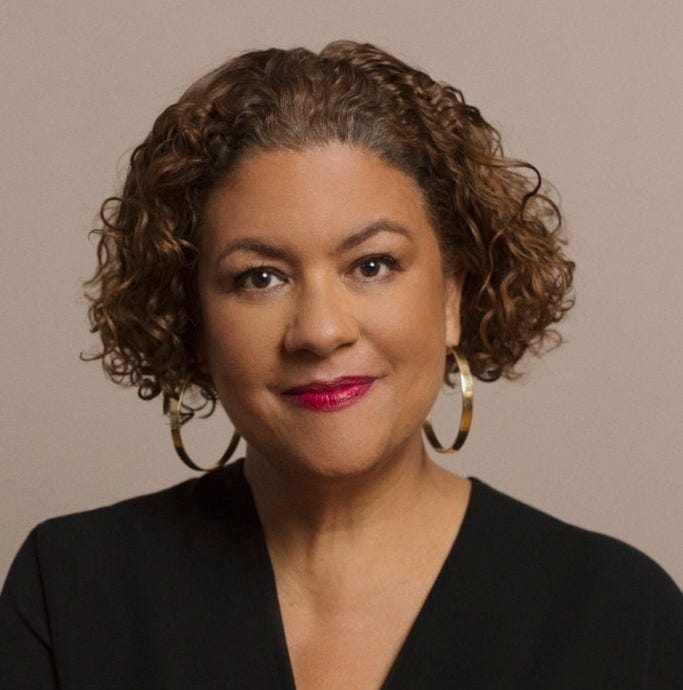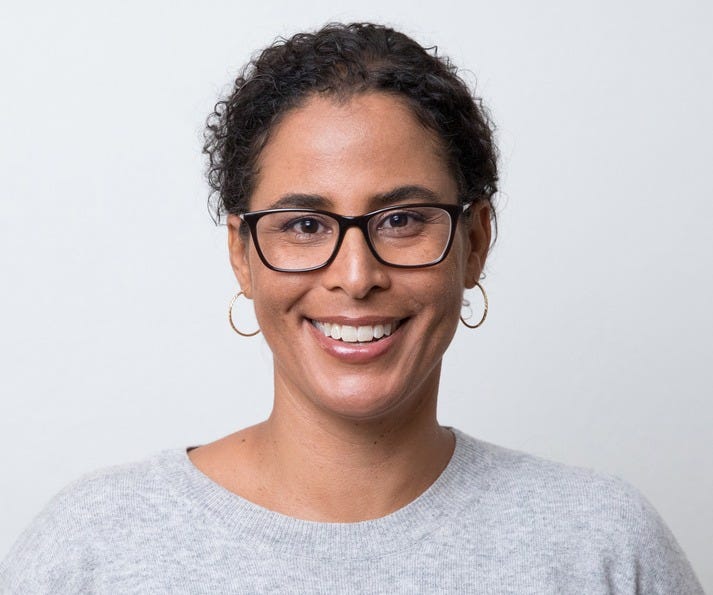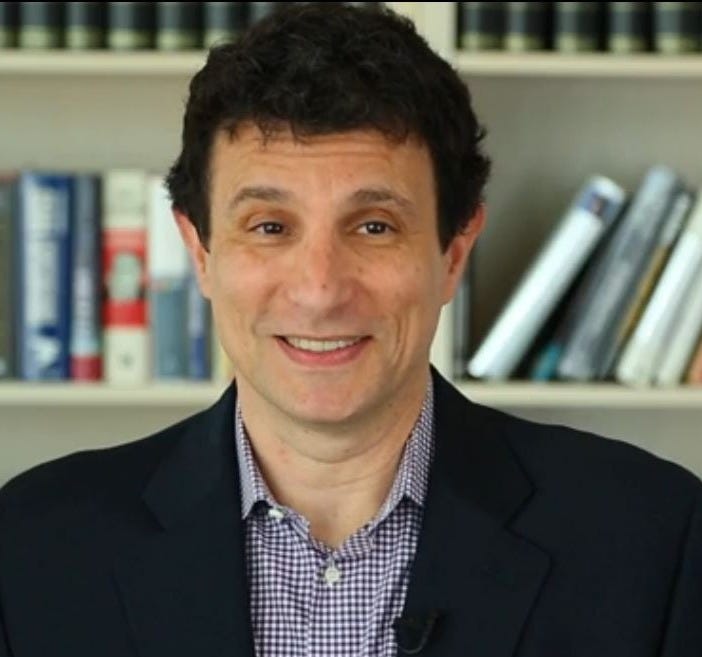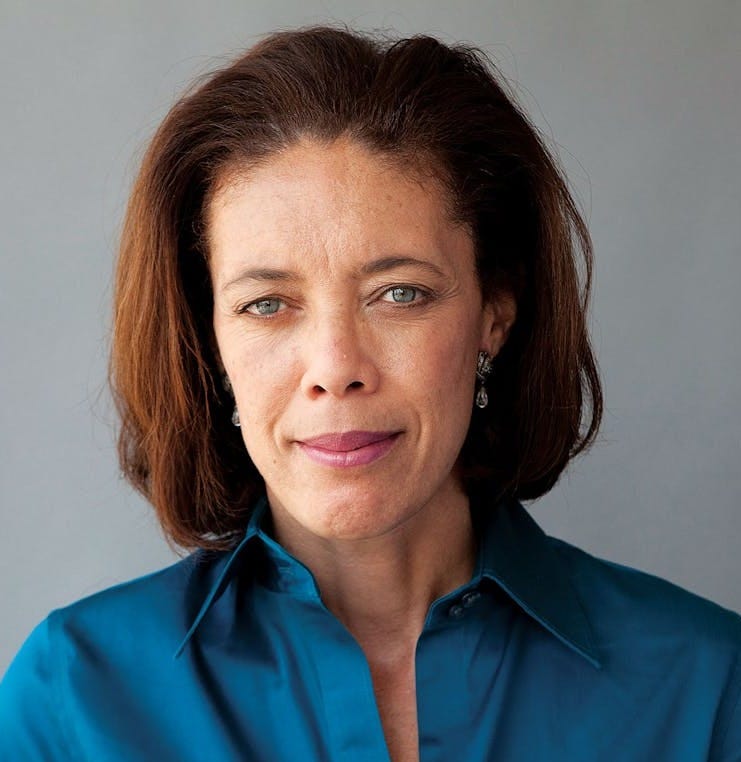Pulitzer Time For Family Court?
I'm asking for your help with a slightly crazy idea.
If you like what you read on Family Court Corruption, I have a small but essential ask. I don’t put up paywalls and usually resort to more creative methods to fund my journalism than reader fees. Call me crazy or old-fashioned, but it’s a “Free Market of Ideas” for a reason.
Here’s my ask.
Please do me a favor and nominate me for the Pulitzer Pulitzer for my Family Court Corruption and Parental Alienation work. I have produced many articles here on Substack and Newsbreak, Frank Report, and FL Gulf News this past year:
Family Court Scandal: NYS Judge Eisenpress Faces Federal Civil RICO Probe
By Dick LaFontaine and Richard Luthmann
Luthmann Challenges Beermann LLP's John D'Arco: 'You Doxxed My Dad, Let’s Settle It Like Men'
By Rick LaRivière with Richard Luthmann
I’m not delusional (or at least not as much as my detractors say I am). I know there’s a slim chance I get a note to head up to my alma mater in Morningside Heights to pick up any award, let alone a Pulitzer.
My point is about sending a message to the journalism intelligencia. The time is ripe to accounce to the mass media infulencers that family court and family court issues are important, worth covering with vigor, and already have a mainstream appeal. Note who is on the Pulitzer Prize Board:
KATRINA ARMSTRONG, Interim President, Columbia University
ELIZABETH ALEXANDER, President, Andrew W. Mellon Foundation
ANNE APPLEBAUM, Author and Staff Writer, The Atlantic
JOHN ARCHIBALD, Reporter and Columnist, AL.com
NANCY BARNES, Editor, The Boston Globe
NICOLE CARROLL, Executive Director, Local Journalism Initiative and Professor of Practice, Walter Cronkite School of Journalism and Mass Communication, Arizona State University
SEWELL CHAN, Executive Editor, Columbia Journalism Review
GINA CHUA, Executive Editor, Semafor
JELANI COBB, Dean and Henry R. Luce Professor of Journalism, Graduate School of Journalism, Columbia University
GABRIEL ESCOBAR, Editor and Senior Vice President, The Philadelphia Inquirer
CARLOS LOZADA, Opinion Columnist, The New York Times
KELLY LYTLE HERNÁNDEZ, Professor of History, African American Studies & Urban Planning and Thomas E. Lifka Chair of History, University of California, Los Angeles
KEVIN MERIDA, Former Executive Editor, Los Angeles Times
MARJORIE MILLER, Administrator, The Pulitzer Prizes, Columbia University
VIET THANH NGUYEN, University Professor, Aerol Arnold Chair of English and Professor of English, American Studies and Ethnicity and Comparative Literature, University of Southern California
EMILY RAMSHAW, Co-Founder and Chief Executive Officer, The 19th
DAVID REMNICK, Editor and Staff Writer, The New Yorker
GINGER THOMPSON, Managing Editor, ProPublica
NATASHA TRETHEWEY, Board of Trustees Professor of English, Northwestern University
The goal is to break the barrier into regular coverage for the family courts and related issues. We want these influential figures in journalism to acknowledge that family court topics are mainstream issues affecting hundreds of millions in America and worldwide.
Even a modest influx of interest in the family courts - evidenced by the digital nomination packages received in the shadow of Columbia University’s Low Rotunda - will cause these influential figures to take note.
If you don’t want to nominate me, that’s fine. Nominate someone else. There are plenty of great independent writers covering the family courts, like Michael Volpe, the Women’s Coalition, and Julie Anderson-Holburn:
Also, Susan Bassi and Hannah Summers deserve mention. Personally, I would love to nominate Susan Bassi for her brilliant expose: 10-Year Mystery in Police Misconduct Cover-Up Solved: Santa Clara County DA’s Office Implicated.
So, if you’re still with me, I need ten minutes of your time. Here’s the nitty gritty.
Go to the website for the Pulitzer Prize. There, you can create an account and place a nomination application.
All entries must be submitted electronically. Submissions on paper are not accepted.
Entry deadline: Jan. 27, 2025, at 11:59 p.m. Pacific Standard Time
Entry fee: $75 per entry - payable by credit card only (MasterCard, Visa, American Express, and Discover).
The Pulitzer Board has a GUIDE to preparing and submitting an entry. But don’t be intimidated. The Applicable Categories for most family court journalism are:
3. For a distinguished example of investigative reporting, using any available journalistic tool, Fifteen thousand dollars ($15,000).
4. For a distinguished example of explanatory reporting that illuminates a significant and complex subject, demonstrating mastery of the subject, lucid writing and clear presentation, using any available journalistic tool, Fifteen thousand dollars ($15,000).
5. For a distinguished example of coverage of significant issues of local or statewide concern, demonstrating originality and community connection, using any available journalistic tool, Fifteen thousand dollars ($15,000).
If you have any questions, drop me a line, and I can help as best as possible.
Thank you in advance.

































